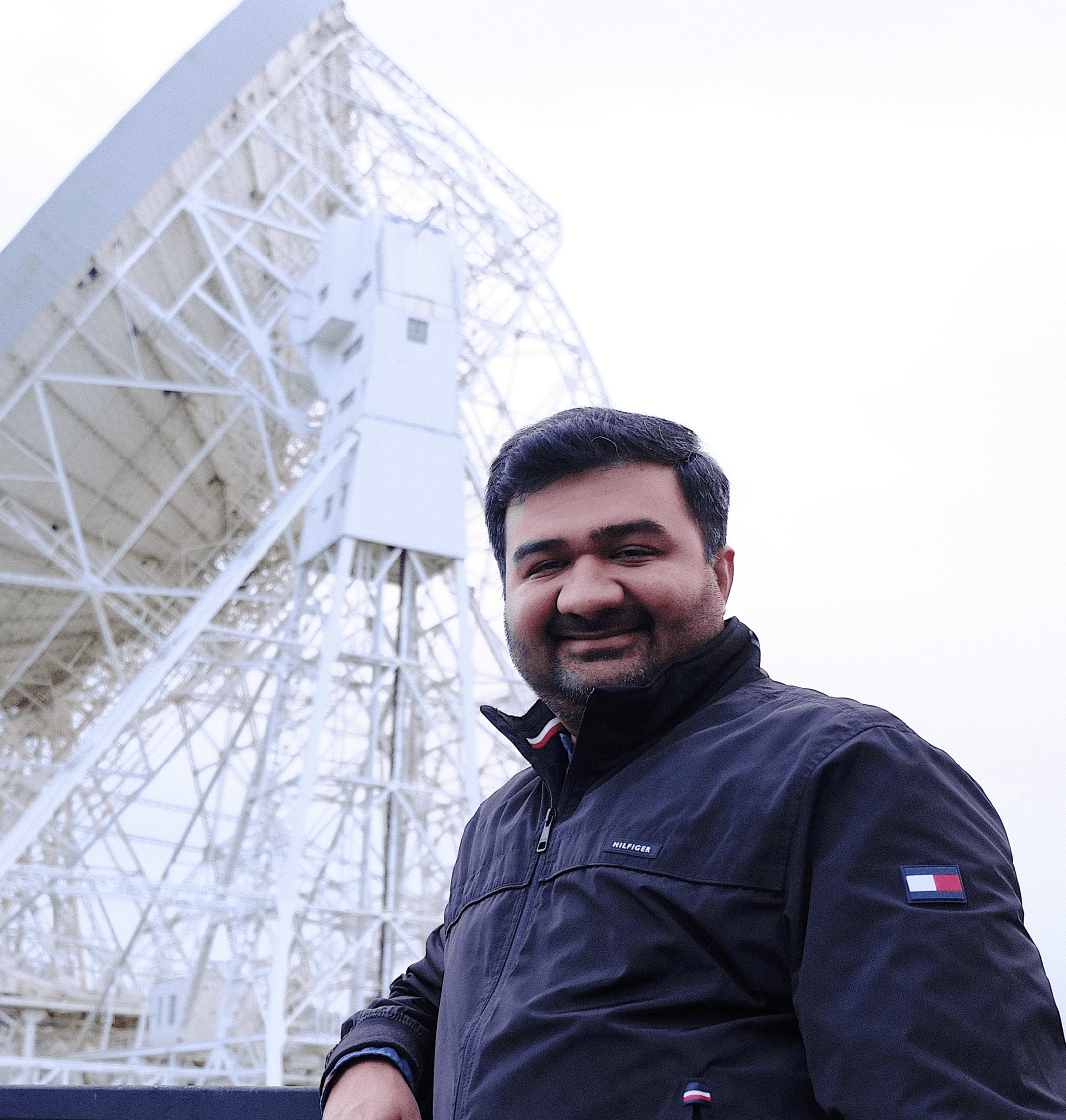
I am a full-time Astronomer at the SETI Institute and Visiting Researcher at the University of California, Berkeley interested in developing novel algorithms to search for the evidence of technologically advanced extraterrestrial life, studying Fast Radio Bursts, and understanding radio emission mechanism of neutron stars. I am a radio astronomer with a Ph.D. in Physics from National Center for Radio Astrophysics, a Tata Institute of Fundamental Research center in Pune, India. I am also Principal Investigator for four research grants at the SETI Institute, spanning efforts from developing SETI-focused curricula for community colleges to detecting anomalies in exoplanet transit light curves.
(vgajjar AT seti DOT org)





